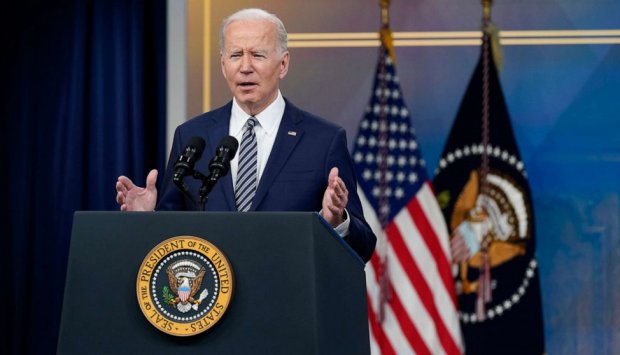
During a stopover in Cape Verde on Monday, December 2, President Joe Biden reaffirmed his commitment to establishing “two permanent seats for African countries” on the United Nations Security Council. The announcement followed a meeting with Cape Verdean Prime Minister Ulisses Correia e Silva at Amílcar Cabral Airport on the island of Sal, as Biden traveled to Angola to begin a three-day visit.
In a statement from the White House, Biden highlighted the need to expand the Security Council to better reflect global diversity, emphasizing that such reforms would “amplify diverse voices to address global issues.” Despite over three decades of calls for change, the Security Council remains unchanged in its structure, comprising five permanent members with veto power— the United States, the United Kingdom, France, China, and Russia—and 10 non-permanent members elected for two-year terms based on regional representation.
Biden also used the opportunity to thank Cape Verde for its “unwavering support for Ukraine” amid Russia’s ongoing invasion, recognizing the nation’s alignment with international efforts to uphold sovereignty and peace.
This visit marked the first-ever stop by a sitting U.S. president in Cape Verde, an event hailed as “historic” by Prime Minister Correia e Silva. Speaking to reporters, he highlighted its significance: “This visit reinforces the prospects for a strong and enduring relationship with the United States of America.”
Biden’s brief visit reflects a broader U.S. strategy to deepen engagement with African nations, enhancing diplomatic ties and supporting regional representation in global governance.
